While more than a quarter (26 per cent) of British adults interviewed by Optegra Eye Health Care (www.optegra.com) have registered for organ donation, almost two thirds (64 per cent) state they would not donate their eyes for transplant. They are far more likely to agree to donate their heart, kidney and lungs.
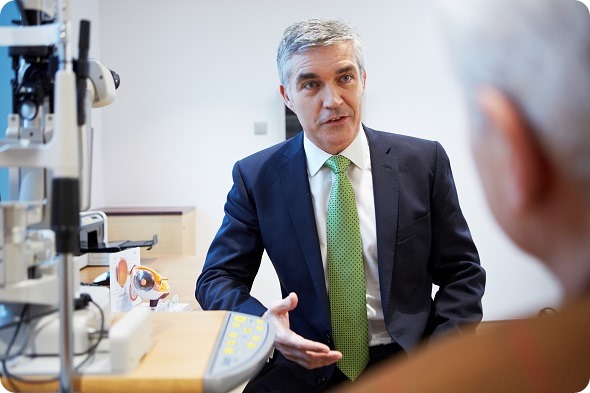
When asked which body parts people would donate for transplant or medical research, 51 per cent stated kidney, 49 per cent liver, 48 per cent heart and 47 per cent lungs.
Yet only 36 per cent would donate their cornea.
What are the main reasons people don’t want to donate their corneal tissue?
Our study considered the reasons why people are hesitant to donate eyes, despite 86 per cent of people in the UK valuing sight above any other sense.
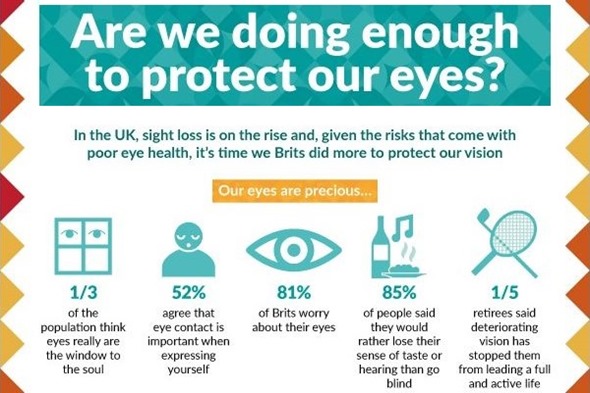
We found that three in 10 adults say their eyes are unique to them; 29 per cent say eyes are the most personal part of their body and more than a quarter (27 per cent) say it would upset their family. Finally, one in six adults explain it is for a spiritual reason.
What types of patients can benefit from corneal transplants?
Approximately 10 million people worldwide are blind due to damaged corneas – usually from scarring caused by injury or infection, and currently the NHS performs around 4,000 corneal transplants a year, all of which rely on human organ donation.
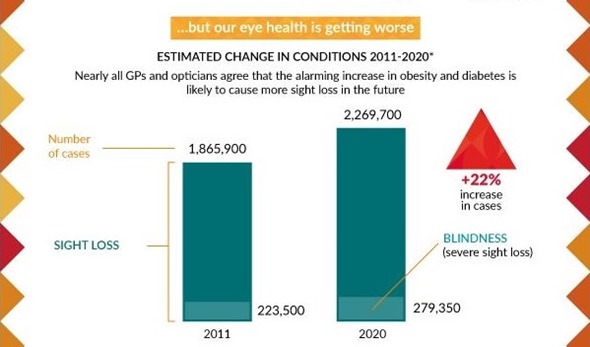
Amongst younger patients a main cause of people needing a transplant is keratoconus, a condition where the cornea becomes thinner and more cone-shaped over time, instead of having a rounder curve. The change of shape causes blurred and distorted vision.
For older patients it is often due to endothelial failure - Fuchs dystrophy - an inherited disorder that affects the cornea.
Optegra helps protect the vision of Britain
How successful are corneal transplants?
According to NHS Blood and Transplant:
- Corneal transplants are successful sight-saving operations, with 93 per cent of transplants functioning after one year.
- By five years, 74 per cent of transplants are still functioning and many will continue for many more years after that.
We also work closely with eye research charity Fight For Sight and support their fantastic work.
They are also passionate about the need for more corneal transplants and they played a key role in helping to set up the UK Corneal Transplant Service in 1983.
Fight for Sight is funding research into these conditions and we have a better understanding of the genetic cause of corneal dystrophies. With the lack of corneas available for transplants, it’s vital to have new treatments. We are developing stem cells therapies to repair the damage to the cornea, gene-replacement therapies and drugs that may be delivered as eye drops to repair faulty genes.”
Fight for Sight Director of Research, Dr Dolores Conroy.
How many corneas are needed for transplants each week?
At the moment there is, on average, a need for 70 corneas per week across the UK.
Are there any common misunderstandings about eye donations?
It is important that people know the facts, for example that people of all ages can donate corneas – there is no upper age limit to cornea donation and many successful transplants have been performed with corneas from donors in their 90s.
Also, unlike other organs, corneas can be donated up to 24 hours after death.
More information can be found on the NHS organ donor register website.
What do you think the future holds for eye donations?
I think that with an increasingly ageing population, we are treating more and more patients, especially as so many eye conditions are age-related, and expectations are quite rightly high – our patients want to live life to the full, and want their bodies to keep up so they can continue to enjoy work and hobbies.
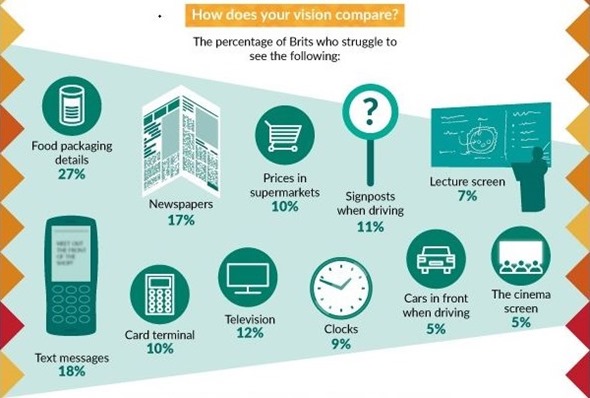
Alongside this, of course, will be an increase in the number of people who will require cornea transplants. Our hope is that as people hear more about the personal benefits for those who receive the transplants, they will at least give this type of donation some serious consideration.
What is Optegra’s vision for the future?
Across our seven UK hospitals we are truly able to treat the A to Z of eye health – so everything from vision correction to medical conditions such as glaucoma and age-related macular degeneration. It is a privilege to be able to restore and improve our patients’ vision and also to make use of the latest technologies.
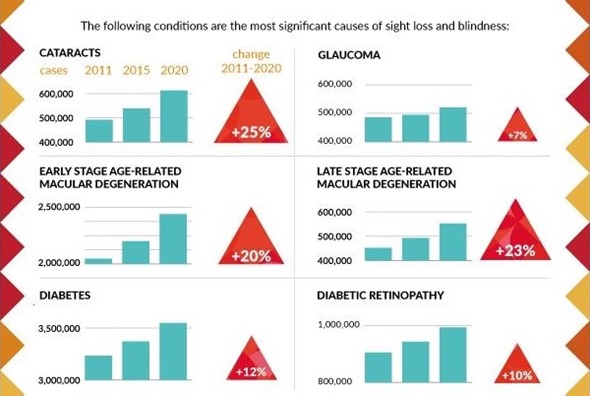
With our Optegra Eye Sciences division at the heart of research and development, working with academia and industry, we are very much at the forefront of treatment and can offer the very latest, proven technologies, such as SMILE, keyhole laser eye surgery.
Our hospital group vision, therefore, is to continue to offer the highest quality of service and treatments to as many people as possible.
Where can readers find more information?
We offer a wealth of information on www.optegra.com, including details on all eye health conditions and treatments, news stories, a blog post and readers can also download an eye health report we have developed, The Vision of Britain, which offers a snapshot of the state of the nation’s vision in 2016.
The Vision of Britain report can be downloaded free from: optegra.com/vob-report
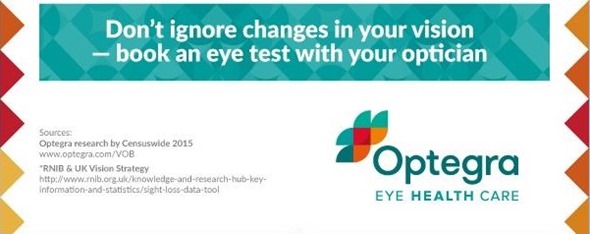
About Rory Passmore
Rory Passmore is UK Managing Director of Optegra Eye Health Care. Rory, 43, has held previous senior healthcare roles in South Africa before moving to the UK seven years ago to work for BMI Healthcare, the UK’s largest private hospital group as Regional Director.
2016 is an exciting phase for Rory and the team at Optegra with the launch of their multi-million pound hospital in the heart of the medical district of Central London. 25 Queen Anne Street will house Optegra Eye Hospital London and is a purpose built facility designed to give patients an exceptional experience and will be a leading facility for technology and expertise in the A-Z of eye health care.
References
- Optegra commissioned research with Censuswide in July 2015; online research with 2,016 adults aged 16 or over throughout the UK, 50 GPs and more than 50 optometrists.